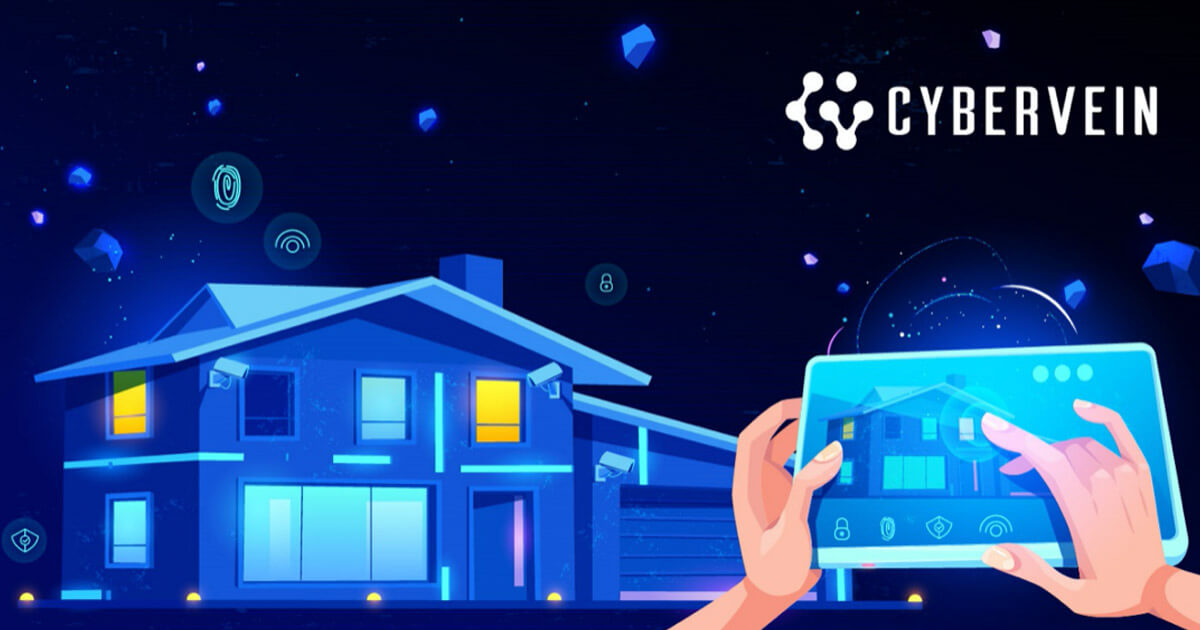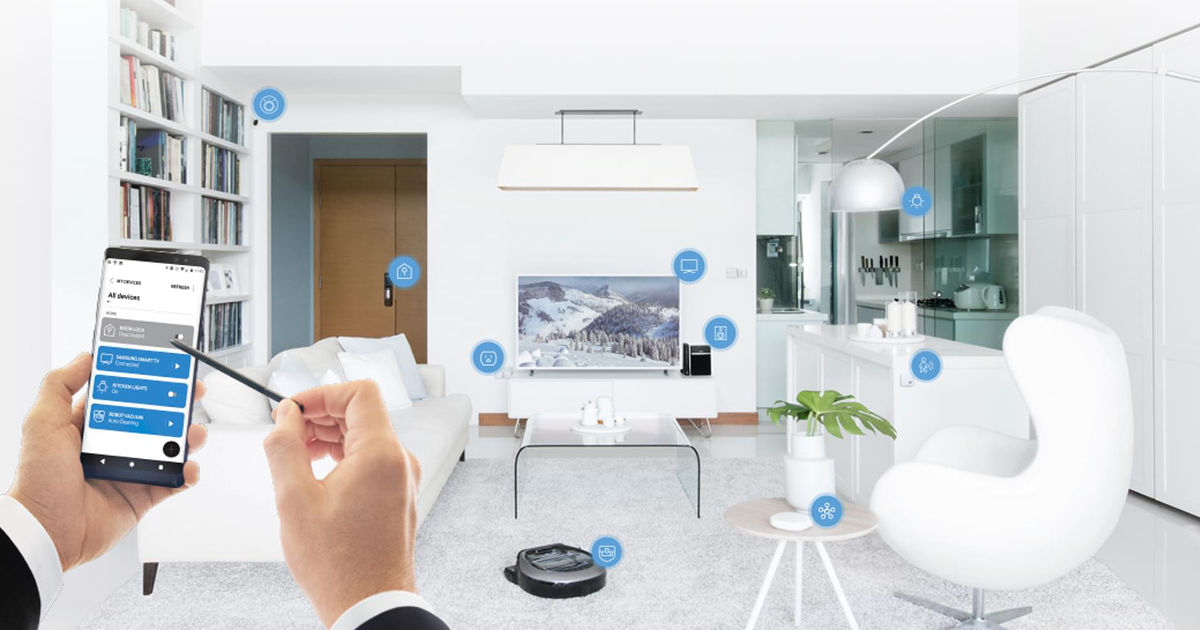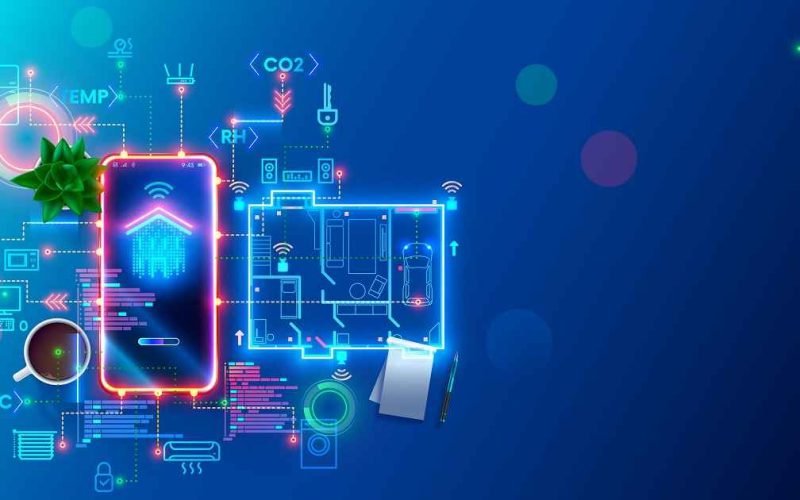In the era of technological advancement, home automation continues to transform the way we interact with our living spaces. With innovations ranging from smart devices to integrated systems, the trends in home automation are shaping a future of convenience, efficiency, and connectivity within our homes. This article explores the latest trends in home automation, highlighting the emergence of cutting-edge technologies and solutions that enhance security, comfort, and sustainability for homeowners.
1. Voice-Controlled Systems:
One of the prominent trends in home automation is the rise of voice-controlled systems that enable hands-free interaction with smart devices and appliances. Voice assistants like Amazon Alexa, Google Assistant, and Apple Siri empower users to control lights, thermostats, locks, and entertainment systems through simple voice commands. By leveraging natural language processing and AI capabilities, voice-controlled systems offer an intuitive and convenient way to manage home automation functions and access information with ease.
2. Smart Lighting Solutions:
Smart lighting solutions are revolutionizing home automation with energy-efficient, customizable lighting options that enhance ambiance and functionality. LED smart bulbs, dimmable fixtures, and color-changing lights can be controlled remotely through mobile apps or voice commands, allowing users to adjust brightness, color, and schedules to suit their preferences. Smart lighting systems promote energy savings, convenience, and mood enhancement, transforming the way homeowners illuminate and personalize their living spaces.
3. Home Security Integration:
The integration of home security systems with smart technology is a significant trend in home automation that prioritizes safety, surveillance, and peace of mind for homeowners. Smart cameras, doorbell cameras, motion sensors, and smart locks can be interconnected to create a comprehensive security network that offers real-time monitoring, alerts, and remote access via mobile devices. Home security integration provides enhanced protection, deterrence, and control over access to the home, ensuring a secure and monitored environment for residents.

4. Energy Management Platforms:
Energy management platforms are emerging as essential tools in home automation, enabling homeowners to monitor, analyze, and optimize their energy consumption in real time. Smart thermostats, energy monitors, and appliance control systems help users track energy usage, set schedules, and identify energy-saving opportunities to reduce utility costs and environmental impact. Energy management platforms promote efficiency, sustainability, and smart living practices by empowering homeowners to make informed decisions about their energy usage and conservation efforts.
5. Automated Window Treatments:
Automated window treatments offer convenience, comfort, and energy efficiency by allowing users to control blinds, shades, and curtains with the touch of a button or through automated schedules. Smart window solutions can adjust natural light, temperature, and privacy levels based on preset preferences or sensors that respond to daylight and occupancy. By automating window treatments, homeowners enhance comfort, optimize natural light, and regulate indoor climate, creating a more enjoyable and energy-efficient living environment.
6. Integrated Smart Home Hubs:
Integrated smart home hubs serve as central control units that connect and coordinate various smart devices, sensors, and systems within a home automation network. These hubs, such as Amazon Echo Plus, Samsung SmartThings, and Apple HomeKit, enable seamless communication and automation between different devices, allowing users to create personalized routines, scenes, and interactions. Integrated smart home hubs streamline home automation operations, enhance connectivity, and simplify the management of multiple smart devices for a cohesive and harmonious living experience.
7. Health and Wellness Monitoring:
Health and wellness monitoring systems are a growing trend in home automation, offering solutions that track and analyze various aspects of inhabitants’ health, fitness, and well-being. Smart scales, fitness trackers, sleep monitors, and air quality sensors provide valuable insights into physical activity, sleep patterns, and indoor air quality, empowering users to make informed decisions about their health and lifestyle. Health and wellness monitoring systems promote proactive self-care, personalized health management, and holistic well-being within the home environment.

8. Smart Kitchen Appliances:
Smart kitchen appliances are reshaping culinary experiences by introducing connectivity, automation, and efficiency into cooking and meal preparation. From smart refrigerators and ovens to intelligent cooktops and coffee makers, these appliances offer advanced features such as remote control, recipe guidance, and personalized settings. Smart kitchen appliances streamline meal planning, cooking processes, and food management, allowing homeowners to enjoy convenience, precision, and innovation in their culinary endeavors.
9. Environmental Automation Solutions:
Environmental automation solutions focus on sustainability, conservation, and eco-friendly practices by integrating smart technologies that monitor and manage environmental factors within the home. Smart thermostats, water efficiency systems, indoor air quality monitors, and garden sensors help users optimize resource use, reduce waste, and create healthier and more sustainable living environments. Environmental automation solutions support eco-conscious living, energy conservation, and environmental stewardship by promoting greener and more environmentally friendly home automation practices.
10. Personalized Home Entertainment:
Personalized home entertainment systems are enhancing entertainment experiences by delivering tailored content, immersive audiovisual quality, and seamless integration across devices. Smart TVs, streaming services, sound systems, and gaming consoles offer personalized recommendations, multi-room audio, and high-definition visuals that cater to individual preferences and enhance entertainment enjoyment. Personalized home entertainment systems create immersive and engaging viewing experiences that elevate leisure time, relaxation, and social gatherings for homeowners and their families.
Conclusion:
Home automation trends are reshaping the way we interact with our living spaces, offering innovation, convenience, and efficiency in everyday routines and activities. From voice-controlled systems to smart lighting solutions, security integration to energy management platforms, the trends in home automation are empowering homeowners to create more connected, secure, and sustainable homes. By embracing the latest advancements in technology and automation, homeowners can enhance their living environments, optimize resource usage, and improve quality of life through the seamless integration of smart devices and systems.












